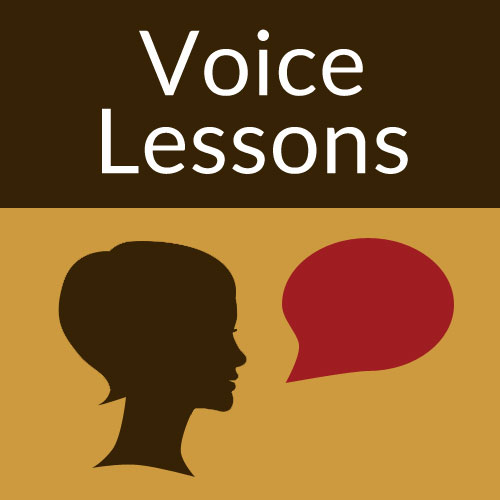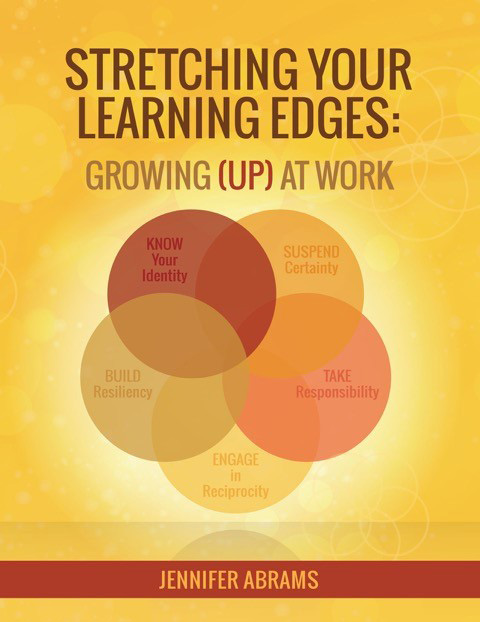It’s Kinda Exhausting Just Living These Days
April 3, 2017

This past week I came home from what I thought to be a ‘somewhat challenging’ gym visit to a voice mail. From that voice mail through the end of the week, a colleague went on medical leave, another phoned to tell me she was resigning, another was terminated, and another one’s father passed away.
Some good news too, or at least semi-positive. I was grateful that a tire that was bursting was called out to me so I could fix it before I went on a road trip, and I did find someone within hours who helped me recover my hacked Google account. I won’t end by mentioning in detail my former school district being in the paper, or the discomfort I felt as I watched the national news. No handshake? Really? Oy. Sigh.
My friends in Britain have their WWII phrase to guide them. ‘Keep calm and carry on.’ My father, at 85, with his friends passing away so often, manages his sadness by asking me “What good happened today?” My stoic friend simply says, “We carry on regardless.” But what if I don’t want to ‘carry on’? And how do I encourage others to have hard conversations if daily life has too much discomfort in it already? Isn’t life, as is, hard enough? I need some perspective, some guidance, and as TED talk Guy Winch says, some ’emotional first aid.’ Maybe you might need some too?
A few places I have found support in this ‘weebly wobbly’ space are very ‘all over the place’ style-wise, but here goes.
Courtney Martin speaks of this unease as ‘restless helplessness.’ She writes of it as a columnist at On Being. Her column, The Danger of Slipping Into a Restless Helplessness provided me with a few ideas as to how to manage being “exhausted by a sense that I don’t know what to actually spend my limited time and energy on.”
And if the ‘Find Community’ and ‘Take the Long View’ ideas don’t work for you, try reading the blog of Mark Manson. Manson is the author of The Subtle Art of Not Giving a F**k: A Counterintuitive Approach to Living a Good Life. Manson would not tell you to gain perspective and be ‘happier,’ but learn how to stomach the lemons, not make lemonade. Even Kirkus Reviews says, “An in-your-face guide to living with integrity and finding happiness in sometimes-painful places. A good yardstick by which self-improvement books should be measured.”
And for those who have no time for nuthin but a tweet of support, see Sherill Knezel’s posting, complete with her graphic design of Nepo’s quote.
“Know who you are can withstand the conflict that living requires.” I need that knowledge. We are ‘deep end of the pool’ people. We want to make a difference and that starts with some extreme self-care. Put on your own oxygen mask before you assist others. Take a time out and see you back in the pool soon.
Cool Resources
At What Cost?: Defending Adolescent Development in Fiercely Competitive Schools From a review by Dr. Robert Brooks, “Stress and depression among adolescents continue to intensify at an alarming rate. David Gleason has written a truly remarkable book from several perspectives. He has identified factors that contribute to the physical and emotional distress confronting teens, especially emphasizing the unrealistic expectations that are placed on these youth. What I found very admirable is David’s ability to avoid casting blame and judgment but instead displaying empathy for all parties involved. This ability will serve to lessen defensiveness and promote openness as readers reflect upon not only the problems identified by David but, most importantly, the wise solutions he offers.”
Algorithms To Live By: The Computer Science of Human Decisions “In a dazzlingly interdisciplinary work, acclaimed author Brian Christian and cognitive scientist Tom Griffiths show how the algorithms used by computers can also untangle very human questions. They explain how to have better hunches and when to leave things to chance, how to deal with overwhelming choices and how best to connect with others. From finding a spouse to finding a parking spot, from organizing one’s inbox to understanding the workings of memory, Algorithms to Live By transforms the wisdom of computer science into strategies for human living.”
The World Beyond Your Head: On Becoming an Individual in an Age of Distraction “In his brilliant follow-up to Shop Class as Soulcraft, The World Beyond Your Head, Crawford investigates the challenge of mastering one’s own mind. We often complain about our fractured mental lives and feel beset by outside forces that destroy our focus and disrupt our peace of mind. Any defense against this, Crawford argues, requires that we reckon with the way attention sculpts the self.”

